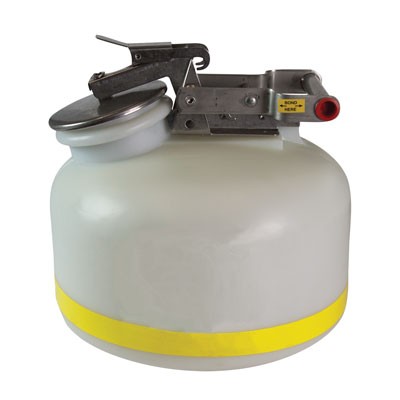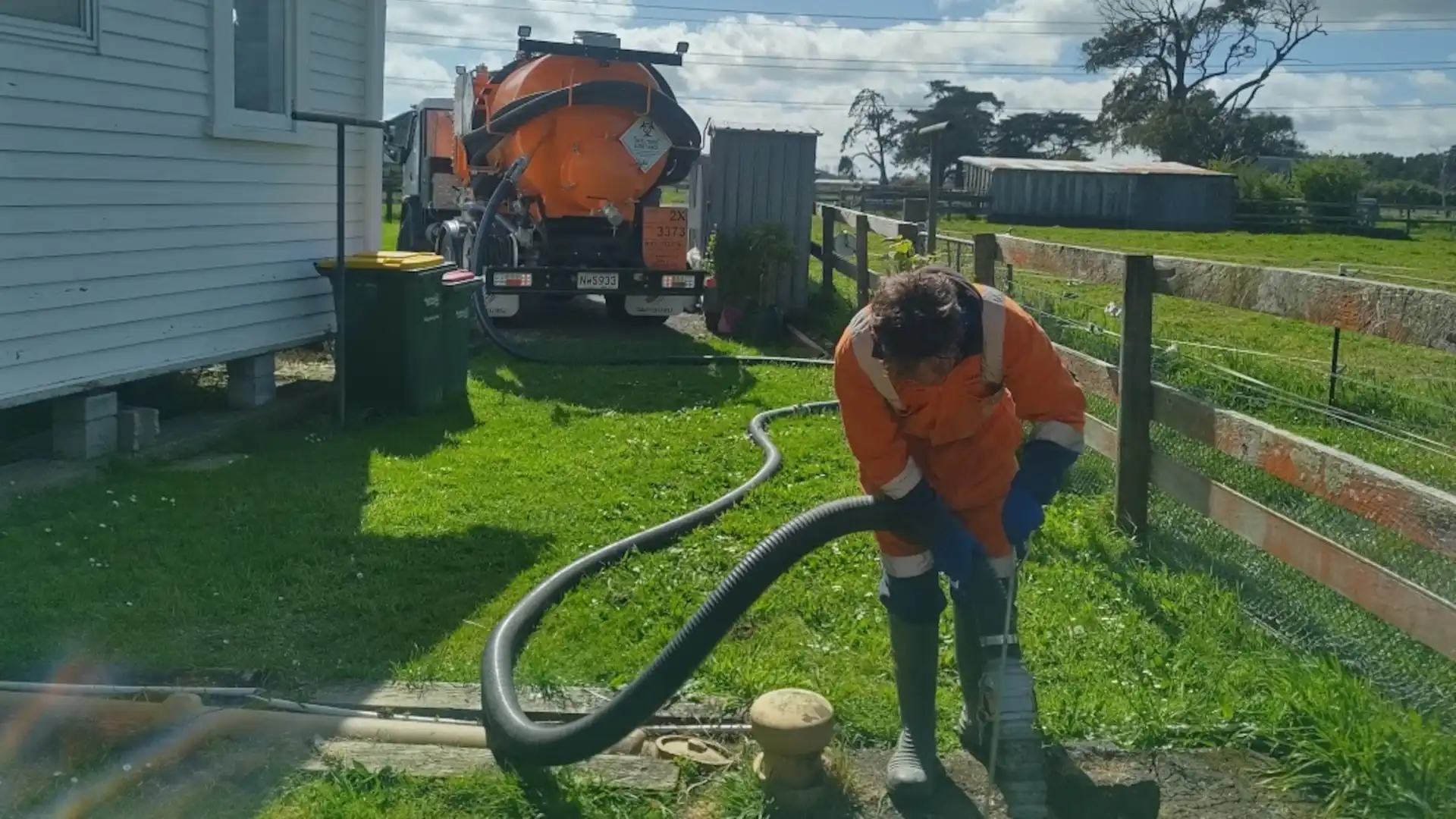Specialist Liquid Waste Removal Melbourne: Quick and Affordable Providers
Specialist Liquid Waste Removal Melbourne: Quick and Affordable Providers
Blog Article
Recognizing the Comprehensive Process of Liquid Garbage Disposal: Ideal Practices and Environmental Effect Factors To Consider
The management of liquid waste disposal is a diverse concern that requires a complete understanding of different finest methods and their associated ecological impacts. From the kinds of fluid waste created to the techniques used for collection, treatment, and last disposal, each action plays a vital duty in securing environments and public health.
Sorts Of Liquid Waste
Recognizing the different sorts of fluid waste is vital for reliable administration and disposal practices. Liquid waste can be extensively categorized into a number of kinds, each needing distinct handling and treatment strategies.
Industrial fluid waste frequently has harmful products, including heavy steels, solvents, and chemicals, created during producing processes. These wastes necessitate strict regulative compliance to safeguard human health and wellness and the atmosphere. Residential liquid waste mainly refers to wastewater generated from households, consisting of sewer and greywater, which, although much less toxic, can still present substantial risks if poorly handled.
Agricultural liquid waste, including overflow from farms, typically consists of fertilizers and pesticides that can lead to environmental degradation if not dealt with appropriately. Clinical fluid waste, created from health care facilities, includes contaminated liquids such as physical fluids and chemicals, requiring specialized disposal techniques to protect against infection and environmental contamination.
Last but not least, oil and grease waste, usually generated by restaurants and auto markets, can trigger extreme blockages in sewer systems otherwise managed appropriately. Understanding these groups promotes targeted methods for therapy, compliance with regulations, and effective disposal approaches, ultimately promoting environmental sustainability and public health and wellness safety.

Collection Methods
Effective collection techniques are essential for the proper monitoring of fluid waste, making sure that it is collected securely and effectively prior to therapy or disposal. Various strategies are employed depending on the sort of fluid waste produced, the volume, and the details attributes of the waste.
One common approach is using committed collection tanks or sumps, which are created to record fluid waste at the resource. These systems often incorporate pumps that assist in the transfer of waste to larger storage space containers or treatment facilities. Additionally, mobile collection systems furnished with vacuum technology are utilized in circumstances where waste is created intermittently or in hard-to-reach places.
For industrial settings, closed-loop systems can successfully reduce leakages and spills, permitting the healing and reuse of fluid waste. It is additionally important to educate personnel on appropriate collection procedures to mitigate risks connected with unsafe substances.
Furthermore, applying normal upkeep timetables for collection devices makes sure optimum performance and safety and security. The integration of sophisticated surveillance systems can enhance collection effectiveness by supplying real-time data on waste levels and prospective threats. Overall, efficient collection techniques are fundamental to lasting liquid waste administration practices.
Treatment Processes
Treatment processes play an essential function in the monitoring of liquid waste, transforming potentially dangerous materials right into risk-free effluents or recyclable sources - liquid waste disposal. These procedures can be generally categorized right into physical, chemical, and organic approaches, each tailored to attend to details pollutants existing in the waste stream
Physical therapy techniques, such as sedimentation and filtering, job by getting rid of suspended solids and particle matter. These methods are frequently the primary step in the treatment chain, effectively decreasing the load on succeeding procedures. Chemical treatments entail making use of reagents to counteract harmful compounds, precipitate hefty steels, or oxidize natural pollutants, therefore improving the security of the effluent.
Biological therapy procedures, consisting of activated sludge systems and anaerobic digestion, profit from the natural capacities of microbes to degrade natural issue. These approaches are specifically efficient for wastewater including eco-friendly pollutants. Advanced therapy technologies, such as membrane filtration and progressed oxidation processes, are significantly utilized to attain higher levels of purification.
Incorporating a mix of these therapy methods not just guarantees conformity with regulative criteria however also advertises environmental sustainability by recouping beneficial resources from liquid waste.
Disposal Options
Just how can companies guarantee the secure and responsible disposal of liquid waste? Efficient disposal alternatives are critical for protecting public wellness and the atmosphere. The primary methods include land incineration, disposal, and therapy followed by discharge right into municipal wastewater systems.
Land disposal includes the cautious control of liquid waste in designated landfills, making sure that it does not leach right into surrounding soil or water. Incineration, on the various other hand, topics liquid waste to high temperature levels, converting it right into ash and gases, which require appropriate filtration to decrease exhausts. This approach appropriates for contaminateds materials that can not be dealt with with typical methods.
In instances where fluid waste can be dealt with, companies might choose for organic or chemical treatment procedures to reduce the effects of unsafe elements before discharging the dealt with effluent right into municipal systems. This course generally straightens with regulatory demands, ensuring that the effluent satisfies safety standards.
Eventually, companies must carry out thorough analyses of each disposal choice to determine its practicality, thinking about factors such as waste composition, regulative compliance, and prospective risks to wellness and the setting. By choosing appropriate disposal methods, services can add to a responsible waste administration approach.
Ecological Impact
The environmental influence of fluid waste disposal is an essential factor to consider for companies looking for to decrease their environmental impact. Inappropriate disposal methods can lead to considerable contamination of water sources, dirt degradation, and unfavorable effects on local ecological communities. As an example, dangerous fluids can seep into groundwater, posing dangers to drinking water products and water life. Additionally, the discharge of neglected or improperly dealt with waste into surface waters can cause eutrophication, leading to oxygen exhaustion and the subsequent fatality of fish and other microorganisms.

To minimize these influences, organizations have to embrace finest techniques such as applying extensive waste therapy processes, promoting recycling and reuse, and adhering to governing requirements. By taking an aggressive method to liquid waste management, entities can substantially reduce their environmental impact while supporting useful reference sustainable advancement objectives. Eventually, a thorough understanding of the ecological influences connected with fluid garbage disposal is important for educated decision-making and accountable stewardship of natural sources.
Conclusion
Reliable monitoring of news fluid waste is critical for guarding ecological integrity and public wellness. By taking on best methods in disposal, therapy, and collection, alongside adherence to governing standards, the potential for hazardous contamination of ecosystems can be dramatically minimized. Continuous improvements in technology and processes add to sustainable waste administration efforts. Inevitably, an extensive understanding of fluid garbage disposal not just minimizes ecological influences but likewise cultivates a commitment to liable source monitoring and environmental stewardship.
The management of liquid waste disposal is a complex concern that needs a detailed understanding of various ideal techniques and their connected environmental impacts. From the types of fluid waste produced to the techniques utilized for collection, treatment, and last disposal, each action plays a vital duty in guarding environments and public health and wellness.The environmental effect of liquid waste disposal look at this website is a crucial consideration for companies seeking to minimize their ecological footprint. Eventually, a detailed understanding of the environmental impacts connected with fluid waste disposal is vital for educated decision-making and liable stewardship of all-natural resources.
Inevitably, a thorough understanding of liquid waste disposal not just alleviates environmental influences however likewise promotes a commitment to liable source monitoring and ecological stewardship.
Report this page